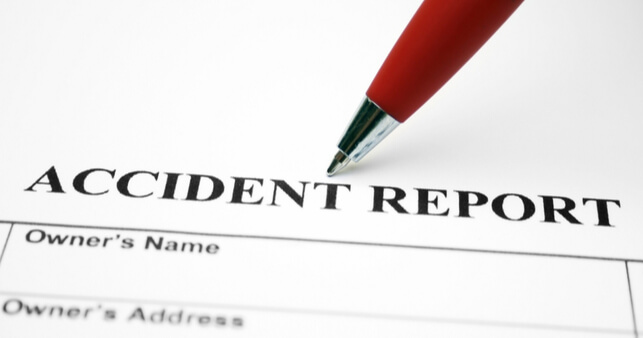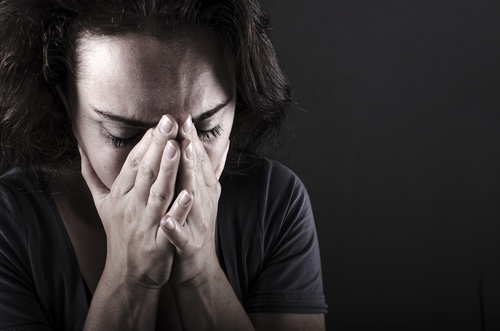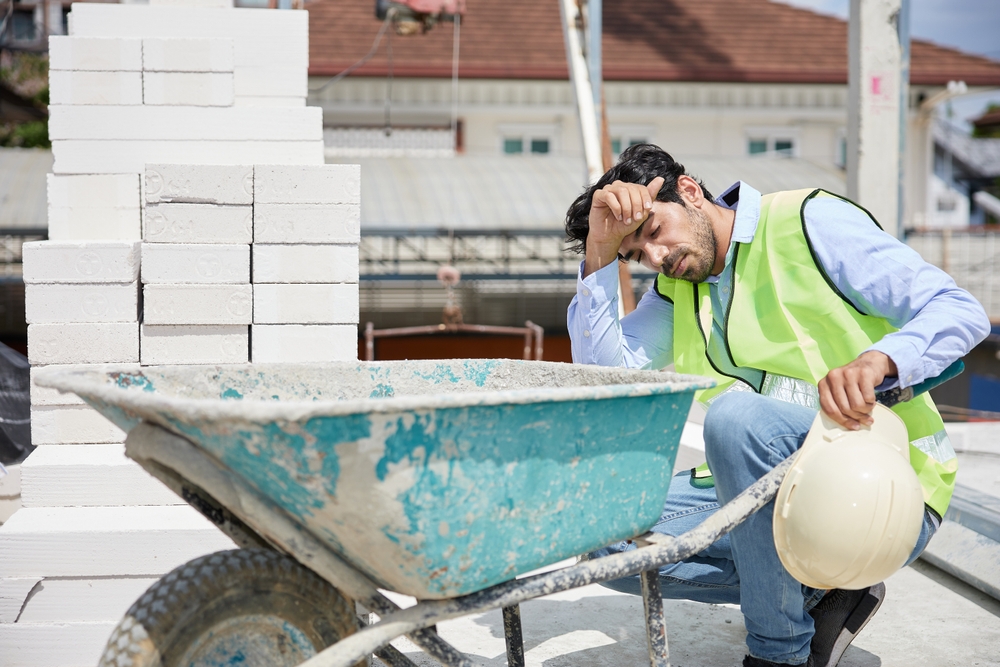
Despite employer efforts to remove workplace health and safety risks as far as is reasonably practical, the reality is that, unfortunately, accidents do happen from time-to-time. When accidents do occur, it is vital employers learn from these incidents and take reasonable steps to reduce the risk of injury, illness and fatality in the future. This is done by keeping records of every workplace accident that occurs, regardless of how serious.
While most work-related incidents are minor and isolated to the business itself – without intervention from outside medical experts or law enforcement – these events will still need to be documented and carefully reviewed. Serious accidents must also be reported to WorkSafe New Zealand.
Do all accidents need to be recorded?
Yes.
Any accident that poses a risk to personnel or property, or requires medical attention and/or a police investigation, needs to be reported. Whether the incident happens to a permanent employee, agency worker, contractor, visitor or customer – the event must be documented.
The most common accident records are about instances that involve:
motor vehicle accidents
equipment failure
electric shocks
death
any incident that requires immediate closure of some or all sections of the workplace
outbreak of diseases
toxic fumes or explosive conditions
missing workers or unexplained absences
bomb threats
presence of firearms and weapons
serious threats made against someone
sieges or hostage situations
fires and bushfires
near-misses of serious injury or death
Why should employers record accidents?
Recording work related accidents is a legal requirement.
Under the Health and Safety at Work Act 2015, employers must have records for all work-related accidents and take reasonable steps to resolve the cause for the future. By having this information in an easy to understand format, employers can identify the problem and make necessary changes to reduce the risk of injury, fatality and illness.
Any changes to workplace procedures must be communicated to employees. Employees should also receive hands-on training to ensure they can perform the new procedures correctly. If new technology or machinery has been introduced to solve a workplace issue, this must be operated correctly and maintained according to manufacturer specifications.
What should be recorded?
An accident report is a vital source of information used to find out the cause of an accident. It also helps a business improve its workplaces procedures to make the environment safer for employees, customers and visitors.
To ensure the accident report meets legislative requirements, it needs to include:
the employee’s name and date of birth
position in the company or name of contractor company
extent of the injuries or illness
date and time of the accident
brief description of what happened
where the accident occurred
what caused the accident
For record-keeping purposes, accident records should be stored in a secure location and be accessible to employers at all times. This is particularly important if the business changes hands or there is a change in employers or management.
Does WorkSafe need to be notified of an accident?
If an employee has a serious or fatal injury, or there is a notifiable illness in the workplace, this must be reported to WorkSafe New Zealand for investigation. WorkSafe will then investigate the workplace and review the company’s previous accident records. If an employer is found to have an unsafe workplace, has failed to keep accurate accident records, or it is discovered the injury has happened before and the safety issue was not addressed, the employer risks steep fines.
For advice on how to effectively report accidents in the workplace, contact Employsure on 0800 568 012.



